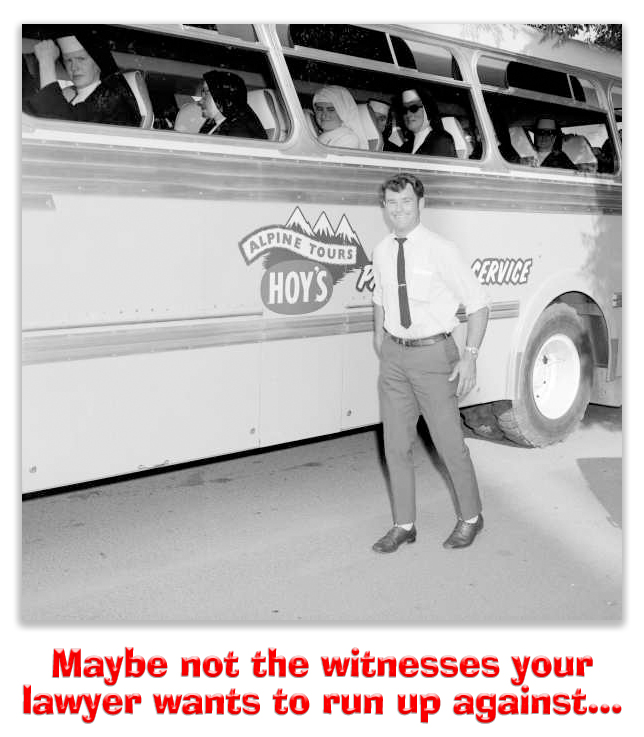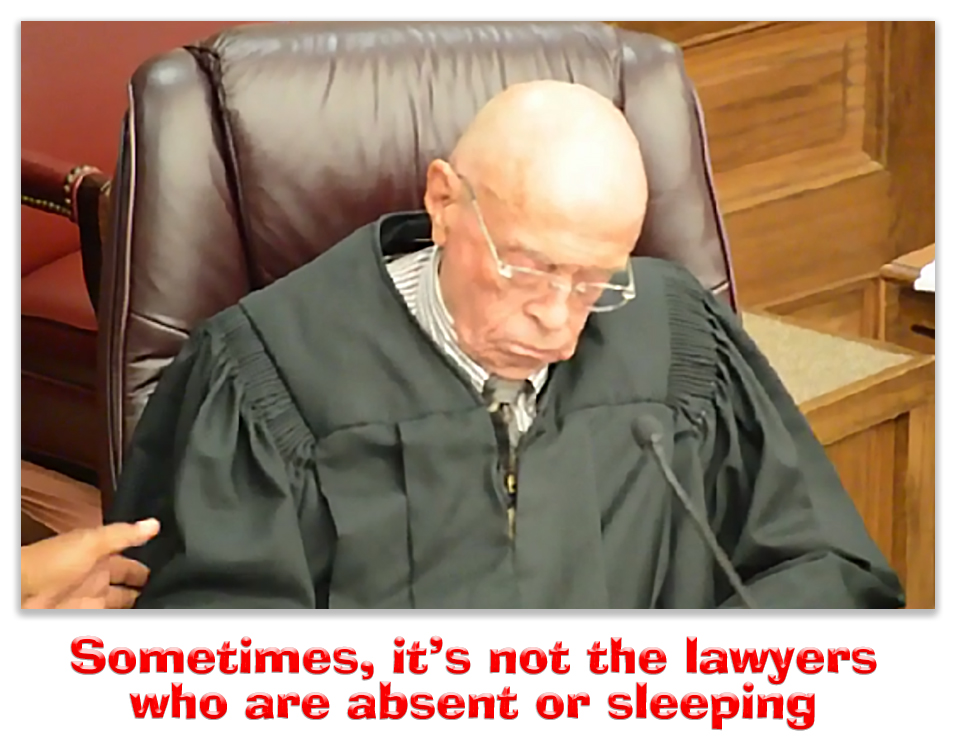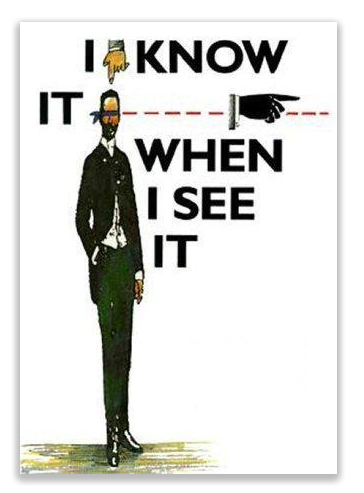We post news and comment on federal criminal justice issues, focused primarily on trial and post-conviction matters, legislative initiatives, and sentencing issues.

3RD CIRCUIT RULES PREJUDICE NEED NOT BE SHOWN IN ATTORNEY INEFFECTIVENESS CASE
Most post-conviction motions brought under 28 USC 2254 or 2255 fail, especially the ones that claim that the defendant’s lawyer was ineffective. It is not that hard proving that the lawyer screwed up. That happens all the time. Instead, the problem is that the defendant has to show that if the lawyer had not messed up, there is a reasonable chance that things would have turned out different.
 This “prejudice” showing is what trips up most such motions. After all, if a busload of nuns passing by saw you run out of the bank with a sack of money and a gun, it is pretty tough to convince the court that you would have been acquitted if only your lawyer had called your mother to the stand to swear you were at home helping her bake cookies.
This “prejudice” showing is what trips up most such motions. After all, if a busload of nuns passing by saw you run out of the bank with a sack of money and a gun, it is pretty tough to convince the court that you would have been acquitted if only your lawyer had called your mother to the stand to swear you were at home helping her bake cookies.
The problem with post-conviction prejudice showings is what a 3rd Circuit decision last week so noteworthy. In August 2006, Gary Moses shot Lawson Hunt in Philadelphia. Hearing the shots, Jeff Workman ran to the victim, saw Gary and opened fire at him. One of Jeff’s bullets ricocheted off a solid object and struck the victim in the chest, who died (but of which shot no one was sure).
Jeff and Gary were both charged with first-degree murder. Before trial, Jeff’s lawyer told him that he could not be convicted, because the victim was already dead when Jeff’s bullet hit him. At trial, Jeff’s lawyer built his whole case on that fact, arguing to the jury that Jeff could not be found guilty because you cannot murder a dead man.
Except it was not a fact. The only evidence in the case record showed that the victim was still alive when Jeff’s bullet struck him. Jeff’s lawyer ignored this inconvenient fact. The jury did not. It convicted Jeff but acquitted Gary.
The 3rd Circuit last week ruled that Jeff’s lawyer gave substandard assistance that pervaded the whole proceeding. But normally, that’s not enough. Jeff was obligated to prove that if his lawyer had advanced a defense based on the facts in the case, Jeff might have been acquitted. Now how can he prove something like that?
 The 3rd Circuit said that under the circumstances of the case, Jeff didn’t need to show prejudice. In United States v. Cronic, the Supreme Court held back in 1984 that “if counsel entirely fails to subject the prosecution’s case to meaningful adversarial testing, then there has been a denial of 6th Amendment rights that makes the adversary process itself presumptively unreliable.” Employing the Cronic holding, the 3rd Circuit ruled that Jeff need not show any prejudice:
The 3rd Circuit said that under the circumstances of the case, Jeff didn’t need to show prejudice. In United States v. Cronic, the Supreme Court held back in 1984 that “if counsel entirely fails to subject the prosecution’s case to meaningful adversarial testing, then there has been a denial of 6th Amendment rights that makes the adversary process itself presumptively unreliable.” Employing the Cronic holding, the 3rd Circuit ruled that Jeff need not show any prejudice:
Trial counsel’s failure to present a case on behalf of Workman or to modify his theory of the case to account for, if not rebut with evidence, the testimony offered by the Commonwealth, represents a near-total failure on the part of trial counsel to contest the Commonwealth’s case. This is not to say that the decisions not to call a rebuttal expert on a defendant’s behalf or to decline to call fact witnesses in a defendant’s case-in-chief are inherently unreasonable. Here, however, they clearly derived not from a legitimate and reasonable trial strategy but from trial counsel’s failure to understand what was happening in the case in which he was ostensibly participating. The Commonwealth sought to prove that Workman killed Hunt, but Workman’s counsel sought only to prove his chosen theory seemingly without regard for the facts in evidence. This deprived Workman of his 6th Amendment right to counsel.
Jeff will get a new trial, where exactly how the victim was killed to death will be addressed.
Workman v. Superintendent, Albion SCI, Case No. 16-1969 (3rd Cir. Sept. 11, 2018)
– Thomas L. Root






